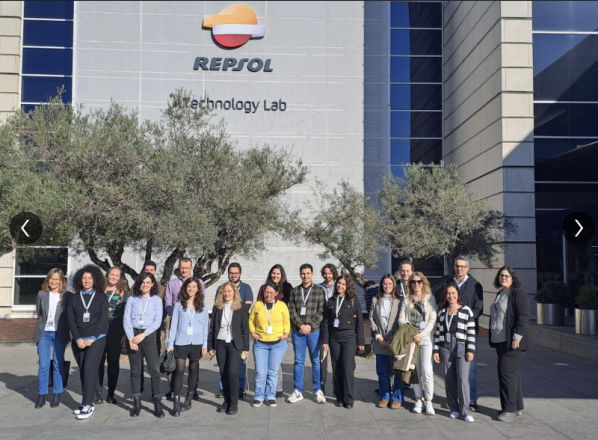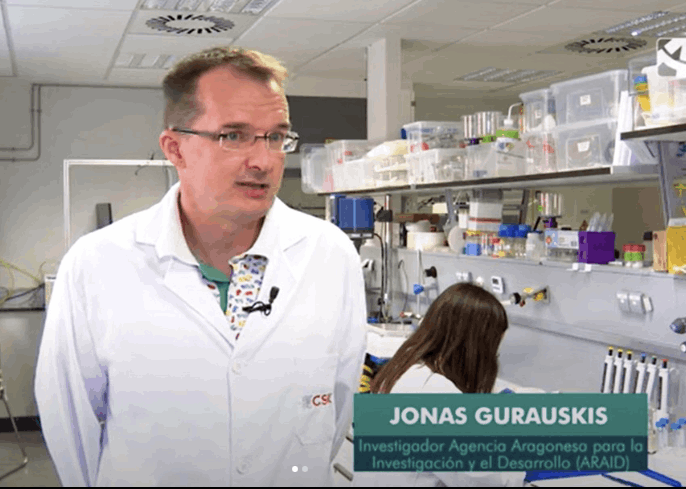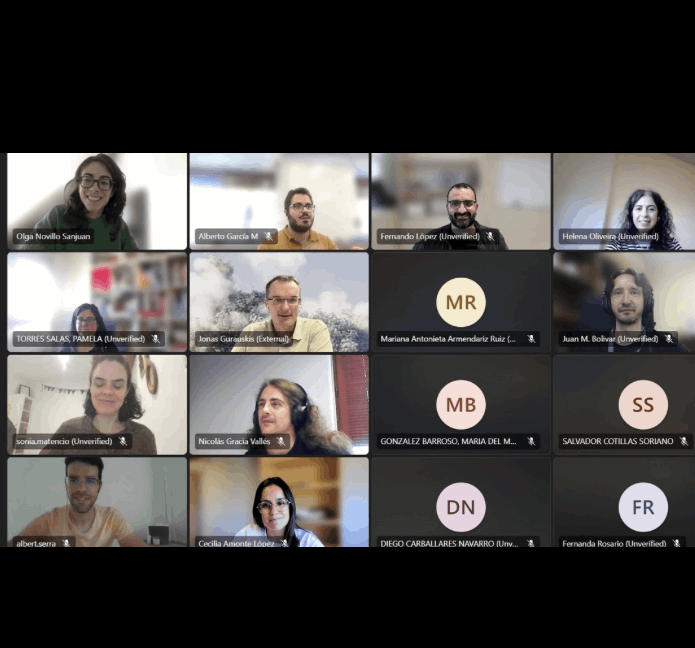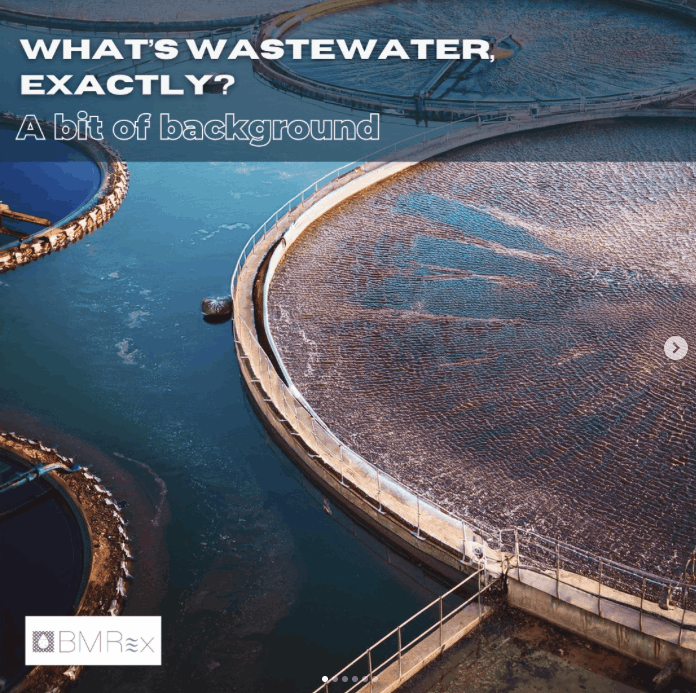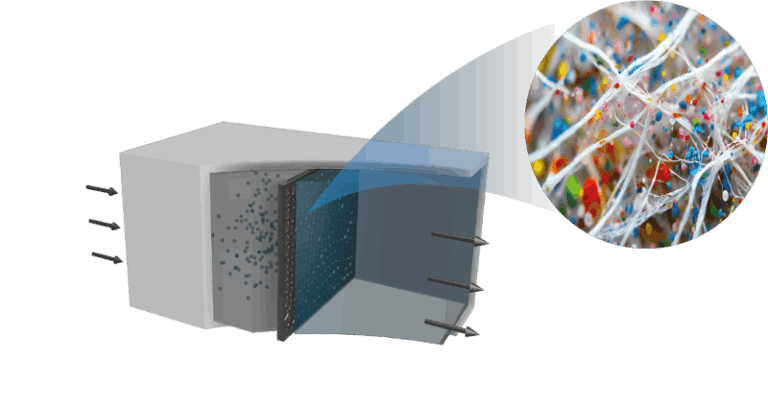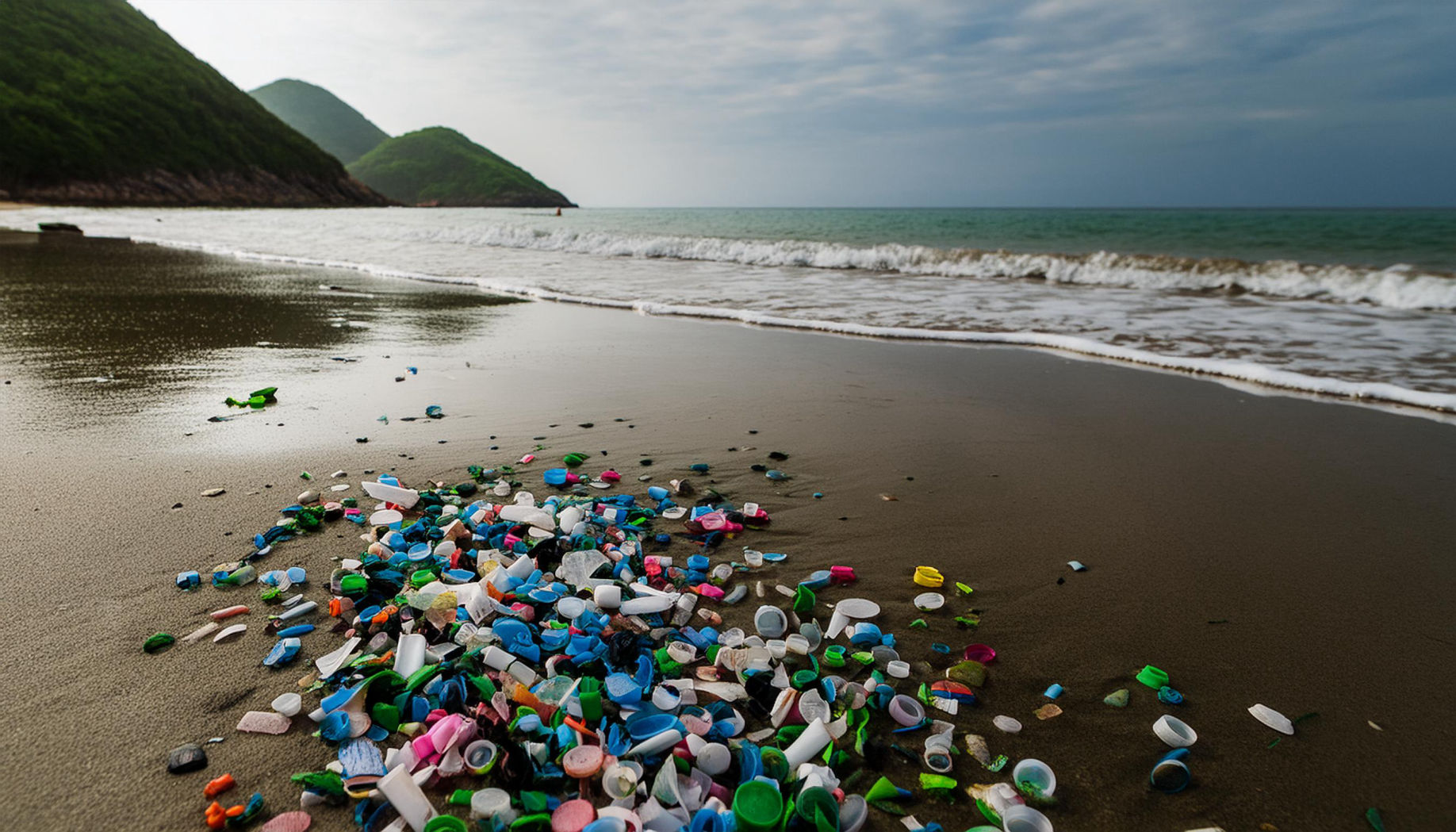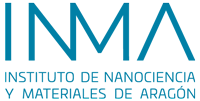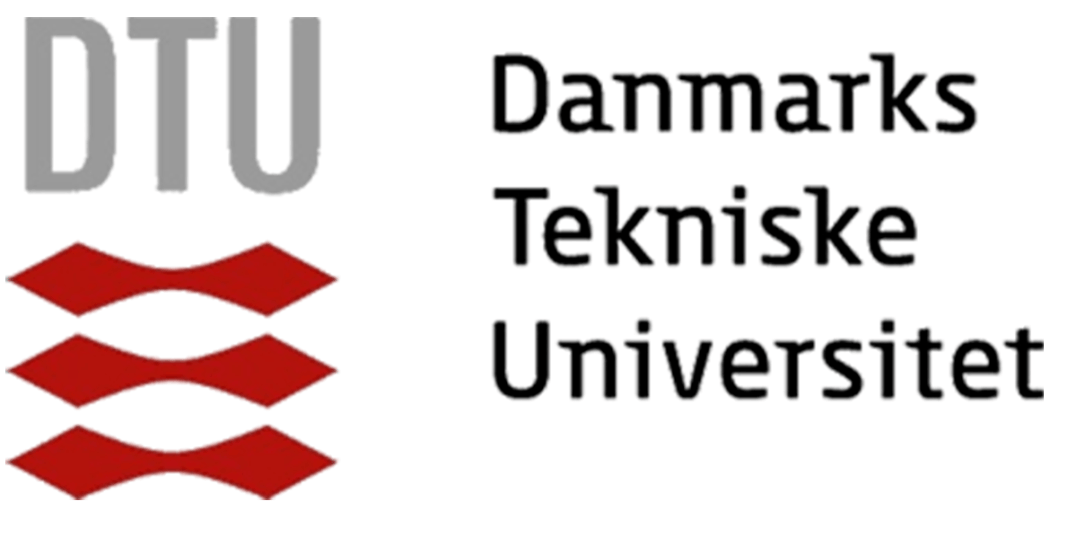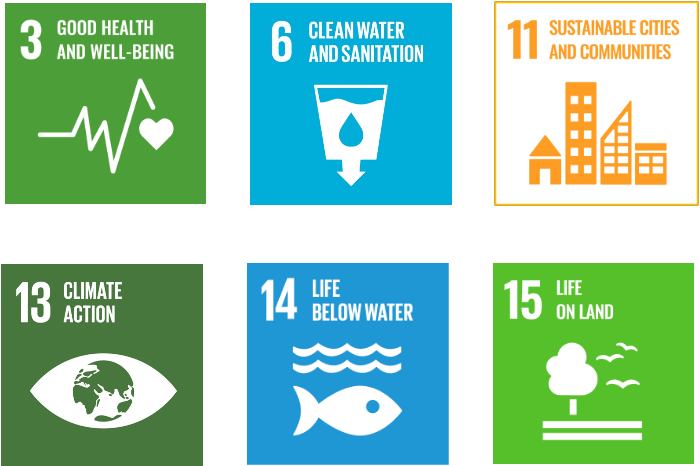Our News
Read the latest news about BMRex
Instagram – 05/12/2024
We held a workshop!🧪
Last week, all the BMRex partners had the opportunity to meet in real life 🙂 We attended the project workshop hosted by Juan Manuel Bolivar Bolivar Diego Carballares Navarro and Alberto Garcia Martín, from Universidad Complutense de Madrid, on November 28th and 29th. The event was a great opportunity to connect and delve deeper into the latest advancements both in our own Work Packages and in our field.
Read more..
Linkedin – 07/10/2024
Hey everyone! This post is especially for our Spanish-speaking community 🫡
This weekend, Jonas Gurauskis and Scott Mitchell from INMA (CSIC-UNIZAR) were interviewed by Aragón TV about their work developing biocatalytic ceramic membranes for microplastic removal 🥼
We encourage yo to watch the interview and get some interesting insights at the link below ⬇️. They also discuss food-contact materials and health effects with other experts, but if you're short on time o you're more of a tech-person, feel free to skip ahead to minute 9 😉
Read more..
Instagram - 27/09/2024
Today we had a very interesting morning discussing science 🧪 Thanks to all the project partners for attending to this meeting and catching up on so many interesting activities! 👏🏽
Read more..
Instagram – 17/09/2024
In BMRex social media we're talking about wastewater all the time, but what is it, exactly? 🥸
Here the definition, where does it come from, and how it is normally treated within the urban areas where we live 🌇
We hope you find this useful, as I'm sure some of you live close by WWTPs!
Have a good week 🌿
Read more..
